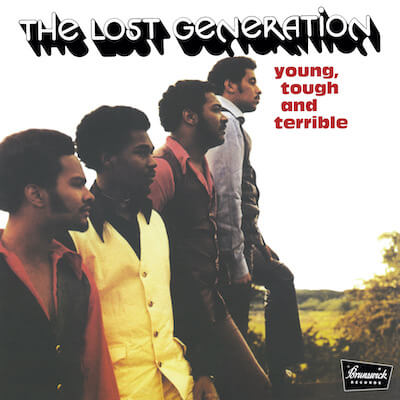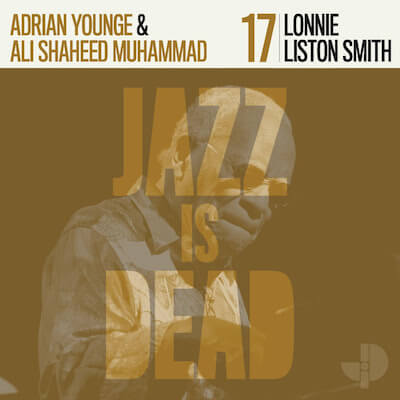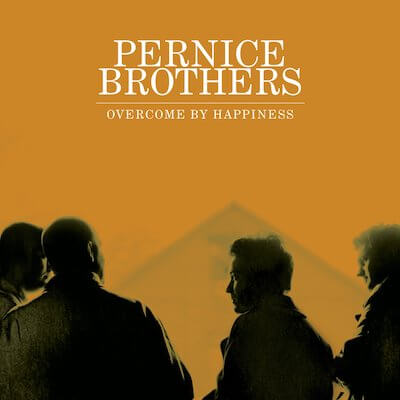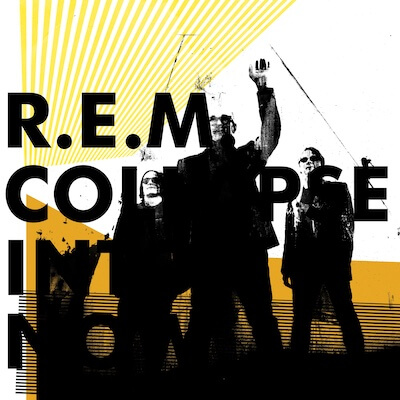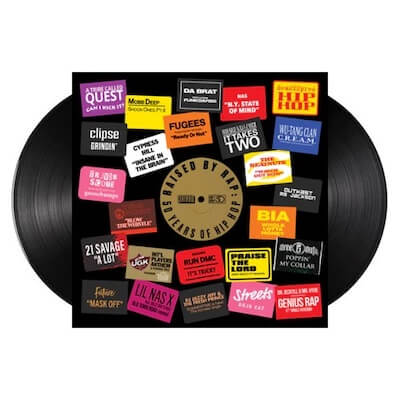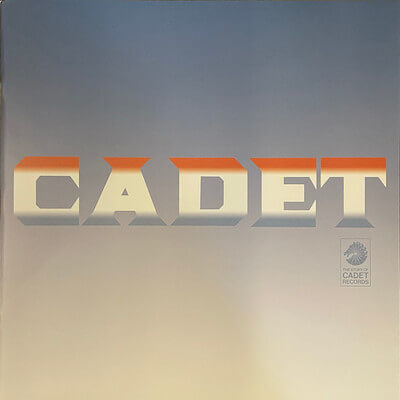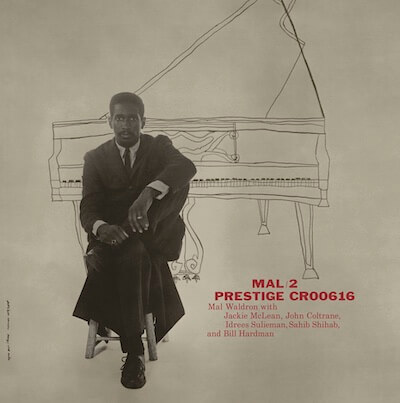Record Time: New & Notable Vinyl Releases (July 2023)
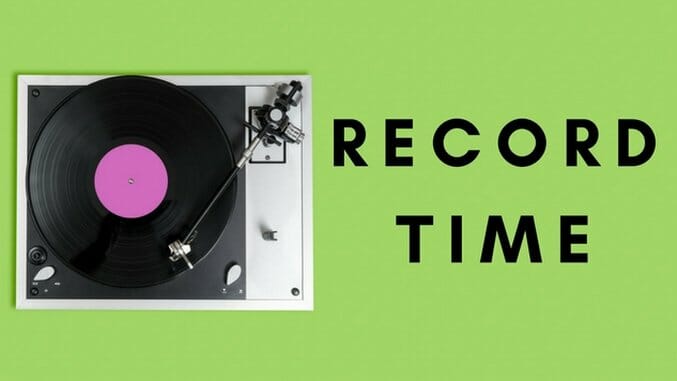
Record Time is Paste’s monthly column that takes a glimpse into the wide array of new vinyl releases currently flooding record stores around the world, and all the gear that is part of the ongoing surge in vinyl culture. Rather than run down every fresh bit of wax in the marketplace, we’ll home in on special editions, reissues and unusual titles that come across our desk with an interest in discussing both the music and how it is pressed and presented. This month, that includes a boxed set of releases from a classic label, new thrash and dub, plenty of jazz and a little bit of folk music from northern Africa.
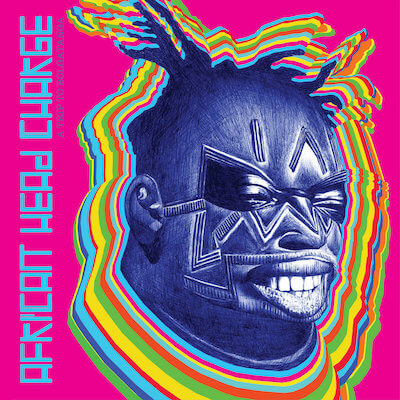
African Head Charge: A Trip to Bolgatanga (On-U Sound)
Bonjo Iyabinghi Noah and Adrian Sherwood’s long-standing collaboration African Head Charge remains their unbroken string of greatness with new album A Trip to Bolgatanga. The trick seems to be knowing when to call for reinforcements, which the pair did throughout the LP. Living Colour bassist Doug Wimbish is a constant presence throughout, bringing a respectable bounce and nervy spark to several tracks. A revolving door of added percussionists, including Mensah Akaa and Akanuoe Angela, root the otherwise dubby float of this material right in the project’s titular motherland. The most inspiring figure to join the fray was apparently King Ayisoba, the Ghanaian singer and kologo master whose energy on the pair of tunes on which he’s featured borders on the unhinged. He’s kept gently in check by Sherwood’s boxy production but puts some much needed strain on that well-established framework.
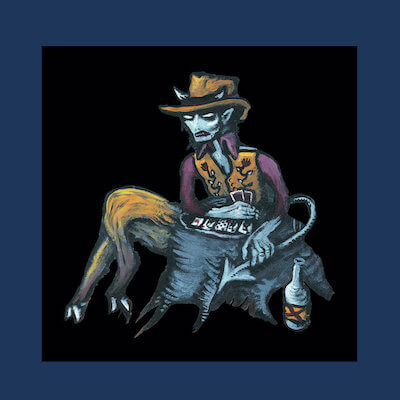
Drive-By Truckers: The Complete Dirty South (New West)
Rewriting history, even of something as relatively insignificant as a record album, always strikes a sour chord within me. Especially when the artist doing the revisions insists, as Drive-By Truckers mainstay Patterson Hood does on the hype sticker on this slight return of the group’s 2004 album, that this new version “is the way it was always intended to be heard.” In the case of The Complete Dirty South, that simply means a minor reshuffling of a few songs, the addition of three tunes initially intended for inclusion and a bit of remixing. All reasonable enough adjustments. It’s the decision, though, to re-record the vocal tracks on “Puttin’ People on the Moon” and “Sands of Iwo Jima” that rubs me the wrong way. The original takes, to these ears anyway, were fine as they were. But if Hood ain’t happy, nobody’s happy. The new vocals sound just fine, even if there is an audible change in the timbre of a voice that has aged nearly two decades since Dirty South was initially released. The album as a whole, even with the tweaking, has only improved with age. Hood, Dave Cooley and Jason Isbell’s songs remain powerful and pointed, exposing the festering wounds of generations of citizens living in oft-ignored small towns in the so-called flyover states to the tune of Southern rock as thick and sweet as a slice of cornbread or slug of bourbon.

Hamza El Din: Al Oud (Real Gone / Vanguard)
The late Hamza El Din was one of the few African artists to make any kind of dent in the Western music market thanks to his appearance at the 1964 Newport Folk Festival and his association with the Grateful Dead (he supported the band at their famed 1978 concerts in Egypt). Early on that landed El Din a contract with Vanguard Records, the top-flight folk label for which he produced two albums including the 1965 masterpiece Al Oud. The music on this LP, named after one of the artist’s instruments of choice, floats above the ground like a mist and seems to shift the mood of any space that it’s played. One spin of this clear vinyl disc and I could feel my muscles start to loosen and my heart rate settling into the same quiet calm that El Din brought to his honeyed vocals and elliptical oud melodies.
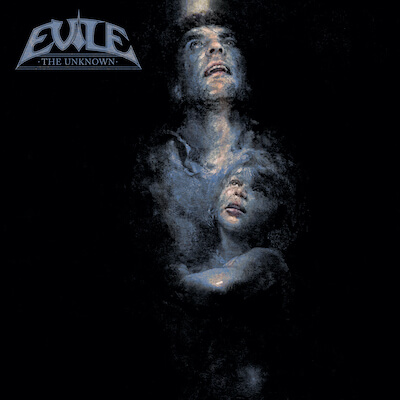
Evile: The Unknown (Napalm)
U.K. thrash revivalists Evile have, like most metal bands, gone through a world of changes and interregnums since they got rolling in 2002. The lineup has shifted a couple of times, with the biggest move being guitarist Ol Drake leaving the fold for a few years, returning and then taking over as vocalist when his brother Matt bowed out in 2020. What never ceases to amaze me is how a band can maintain any kind of consistency with all that happening behind the scenes. Damn if Evile hasn’t done just that. If anything, the quartet has only gotten more focused as a result. New album The Unknown is a defining statement by the band, lean and sinewy with a nicely judicious application of Drake and Adam Smith’s superlative guitar skills. The solos throughout feel as clean and precise as calligraphy. Lyrically, Evile looks without and within, touching on rarely explored subjects like dementia (“Beginning of the End”) and anxiety. For all that this band owes to titans like Metallica and Megadeth, they are continuing to make thrash sound fresh and inspiring.

Johnny’s Uncalled Four: The Lost Album (Wick / Daptone)
If you’ve purchased any music released on Sub Pop, SST, Matador or any one of the dozens of indie labels scattered around the U.S., you’ve likely seen the name John Golden listed as mastering engineer. It’s only the most recent stop in a career that has veered from cutting lacquers for the likes of Eno and the Fifth Dimension to teaching his son the ropes of mixing and mastering music. But way back in early ’60s, John Golden was just another rock ‘n’ roll striver, fronting a surf / British Invasion inspired combo called the Uncalled Four that played teen dances and gigs around the Midwest. Only recently did Golden decide to transfer the tapes of his old group and share them with the folks at Daptone who helped release this collection. The tunes are what you’d expect from a hopped up show band besotted with the Ventures and the Dave Clark Five. The music is well-played, chipper and reflective of the early rock music and R&B making moves on the charts at the time. A lovely little time capsule.
-

-

-

-

-

-

-

-

-

-

-

-

-

-

-

-

-

-

-

-

-

-

-

-

-

-

-

-

-

-

-

-

-

-

-

-

-

-

-

-

